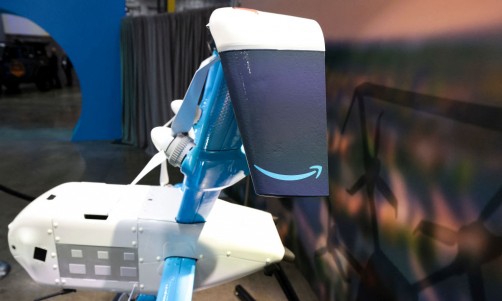Swarms of black ladybirds have taken refuge in British homes and gardens. The Harlequin ladybirds, as they are known, mainly come from Asia, while some are migrating from North America. This breed of ladybirds was introduced to North America from Asia in the 1980s to control plant lice and experts believe the insect may have been blown off by strong winds to UK shores in 2004.
Why These Harmless-Looking Ladybirds Are Considered Health Threats
Harlequin ladybirds threaten to devastate the native ladybirds because they carry Laboulbeniales fungal disease, an insect STD, which is passed on through mating. They may also bite humans when hungry.
Professor Helen Roy, of the Centre for Ecology and Hydrology warned that ladybirds may also affect alcohol production. "These ladybirds also feed on grapes so they are often found in vineyards which, of course, becomes a problem for wine production. Their powerful, defensive chemicals can affect the taste of wine if they get trapped in the production process," she said.
Harlequin Ladybirds Affect Mostly Urban Areas
Greater Manchester residents as well has people from Cheadle, Wythenshawe, Sale, Stockport and the city centrer have reported large clusters of the bugs in their homes this week. Lisa Rump, 37, of Harlow, Essex said: "I'd just pulled up on the driveway and my house was covered in hundreds of them. "Now it's worse. There's swarms of them flying around and covering the windows and walls. They are larger than normal ladybirds, some yellow, some red and some with loads of dots or just a few."
Tony Wileman, Conservation Ecologist for London Wildlife Trust, said that the threat would affect urban areas mainly, like London. He also said that when the bugs experience food shortage, they can "cannibalise themselves". When asked how the situation can be controlled, he said it would be almost impossible. "They are here and they're here to stay," Wileman concluded.













